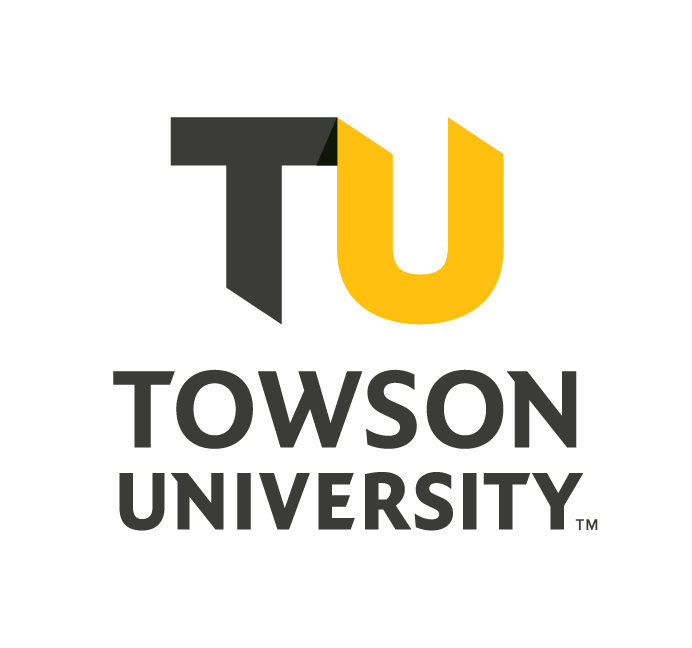| Description |
|---|
The Undergraduate Mathematics Research Conference at Towson is a one-day meeting designed to promote undergraduate research in mathematics by showcasing completed original research, selected expository presentations, as well as research projects in progress. If you are an undergraduate student or a high-school student, you are welcome to attend the conference (with or without a talk). If you have participated in an original research project, you are invited to give a presentation about your research. The web page Advice for Presenters offers information about the length of the talk, the physical facilities, and some links to website for helpful hints in preparing your presentation.
In addition to student presentations, the conference features two invited faculty
talks and a panel on career opportunities in government, industry, and academia.
| Information |
|---|
Location: 7800 York Road, on the campus of Towson University in Towson Maryland.
Time:10 am -- 5:30 pm
Registration starts at 9:30am.
Please fill out the online registration form if you are planning to attend.
Organizers: Sergiy Borodachov (sborodachov@towson.edu), Alexei Kolesnikov (akolesnikov@towson.edu), Nathan McNew (nmcnew@towson.edu), Hervé Nganguia (hnganguia@towson.edu)
| Plenary Speakers |
|---|
Title: A Wondrous Connection between Combinatorics and Analysis
Abstract: The sophisticated branch of mathematics called algebraic topology is deeply rooted in combinatorics. Among the standard results that one is exposed to in an algebraic topology course is the Brouwer fixed-point theorem. In this talk we will see that the art of rigorous counting, combinatorics, gives rise to a stunning and beautiful insight called Sperner’s lemma. What is even more surprising is how quickly Sperner’s lemma provides a proof of the fixed-point theorem in the two-dimensional case. As opposed to the formal proof of Brouwer’s theorem that is presented in an algebraic topology course, the proof that we will see in this talk is bare bones, stripped of the fancy group theory, but nonetheless magical. We will also get a sense of why algebraic topology was originally called combinatorial topology.
Dr. Benjamin Wilson, Stevenson University
Title: Would Wheel of Fortune be Easier in Dothraki or Klingon?
Abstract: Using concepts from information theory such as entropy, we analyze the complexity of several constructed languages. First defined and studied by Claude Shannon in 1948, the entropy of a written language measures how much information is produced on average for each letter of text in the language. Shannon estimated the entropy of written English by doing experiments to approximate word, letter, and n-gram frequencies. We analyze and compare the entropy and other similar quantities of constructed languages such as Dothraki (Game of Thrones) and Klingon (Star Trek). By analyzing the complexity of several languages we can decide which would lead to the easiest game of Wheel of Fortune assuming the player is fluent in all of them.
| Contributed Talks |
|---|
| Career Panel |
|---|
- Mel Curie, Retired NSA Mathematician
- Ramon Suris-Rodriguez, JHU Applied Physics Laboratory
- Leah Del Rosario, Eurekii
- Lenka Kovalchinova, Google
| Logistics |
|---|
Parts of the conference will also be available on Zoom. Links to participate will be emailed to registered participants.
Last modified 30 March 2022.
